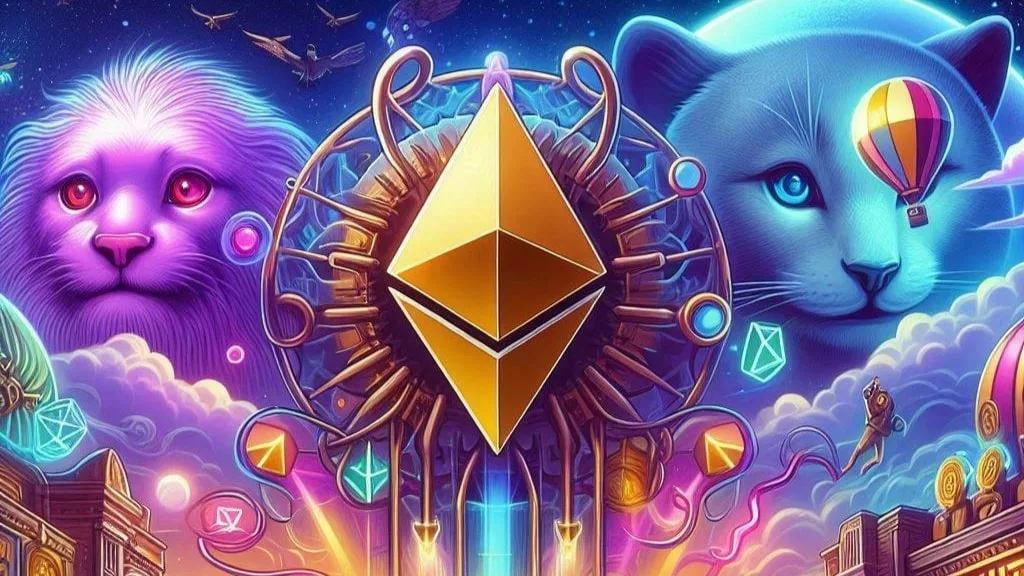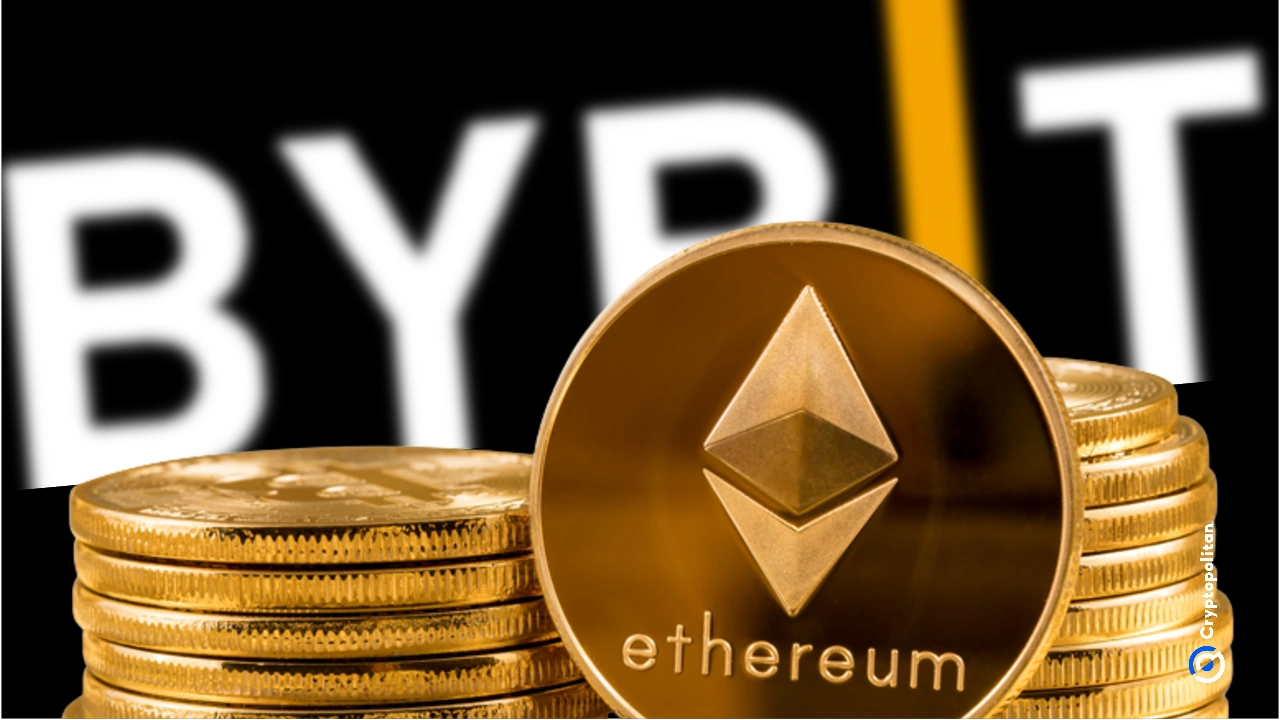Franklin Templeton’s Proposed Solana-Based Funds: A New Era for Crypto Investing
In the ever-evolving world of cryptocurrencies, traditional financial institutions continue to explore new avenues for investment. One such development comes from asset manager Franklin Templeton, which has recently filed a registration statement with the Securities and Exchange Commission (SEC) for not one, but two exchange-traded funds (ETFs) that would track the price performance of Solana (SOL), the sixth-largest cryptocurrency by market capitalization. This move signals a significant step forward in the mainstream adoption of digital assets, and we’ll delve into the implications for both individual investors and the global community.
What is Solana, and Why the Interest from Franklin Templeton?
Solana is an open-source, decentralized blockchain platform that provides fast, secure, and scalable infrastructure for decentralized applications (dApps). With its high-performance capabilities, Solana has gained popularity among developers and investors alike due to its ability to process thousands of transactions per second with ultra-low fees. This makes it an attractive option for various use cases, including decentralized finance (DeFi), gaming, and non-fungible tokens (NFTs).
As for the interest from Franklin Templeton, the asset manager has expressed its belief in the long-term potential of the Solana ecosystem. By launching ETFs that track the price performance of SOL, Franklin Templeton aims to provide investors with an easy and cost-effective way to gain exposure to this rapidly growing sector. This move could potentially attract a broader investor base, including those who may be hesitant to directly invest in individual cryptocurrencies.
Impact on Individual Investors
For individual investors, the proposed Solana-based ETFs could offer several benefits:
- Diversification: By investing in a diversified portfolio of cryptocurrencies through an ETF, investors can reduce their exposure to the volatility of individual assets while still benefiting from the potential upside of the crypto market as a whole.
- Ease of Access: ETFs are traded on major stock exchanges, making it easier for investors to buy and sell their holdings compared to directly purchasing and managing cryptocurrencies. This could attract a larger investor base, potentially driving up demand and increasing the liquidity of Solana.
- Cost-Effective: ETFs generally have lower fees compared to actively managed funds, making them an attractive option for investors who want to minimize costs.
Impact on the World
The potential approval of Solana-based ETFs could have far-reaching implications for the global community:
- Mainstream Adoption: The launch of these ETFs could further legitimize the cryptocurrency market in the eyes of traditional financial institutions and regulators, potentially leading to increased mainstream adoption and acceptance.
- Increased Liquidity: As mentioned earlier, the availability of ETFs could lead to increased liquidity for Solana, making it easier for investors to buy and sell their holdings. This could help stabilize the price of SOL and reduce volatility.
- Growth of the Solana Ecosystem: The influx of capital from institutional investors could fuel the growth of the Solana ecosystem, leading to the development of new dApps and use cases.
Conclusion
The proposed Solana-based ETFs from Franklin Templeton represent an exciting development in the world of cryptocurrencies. For individual investors, these funds offer an easy and cost-effective way to gain exposure to the Solana ecosystem while minimizing risk. For the global community, the potential approval of these ETFs could lead to increased mainstream adoption, liquidity, and growth in the Solana ecosystem. As we await the SEC’s decision, it’s an intriguing time to observe the continued evolution of the crypto market and the role that traditional financial institutions will play in its future.





